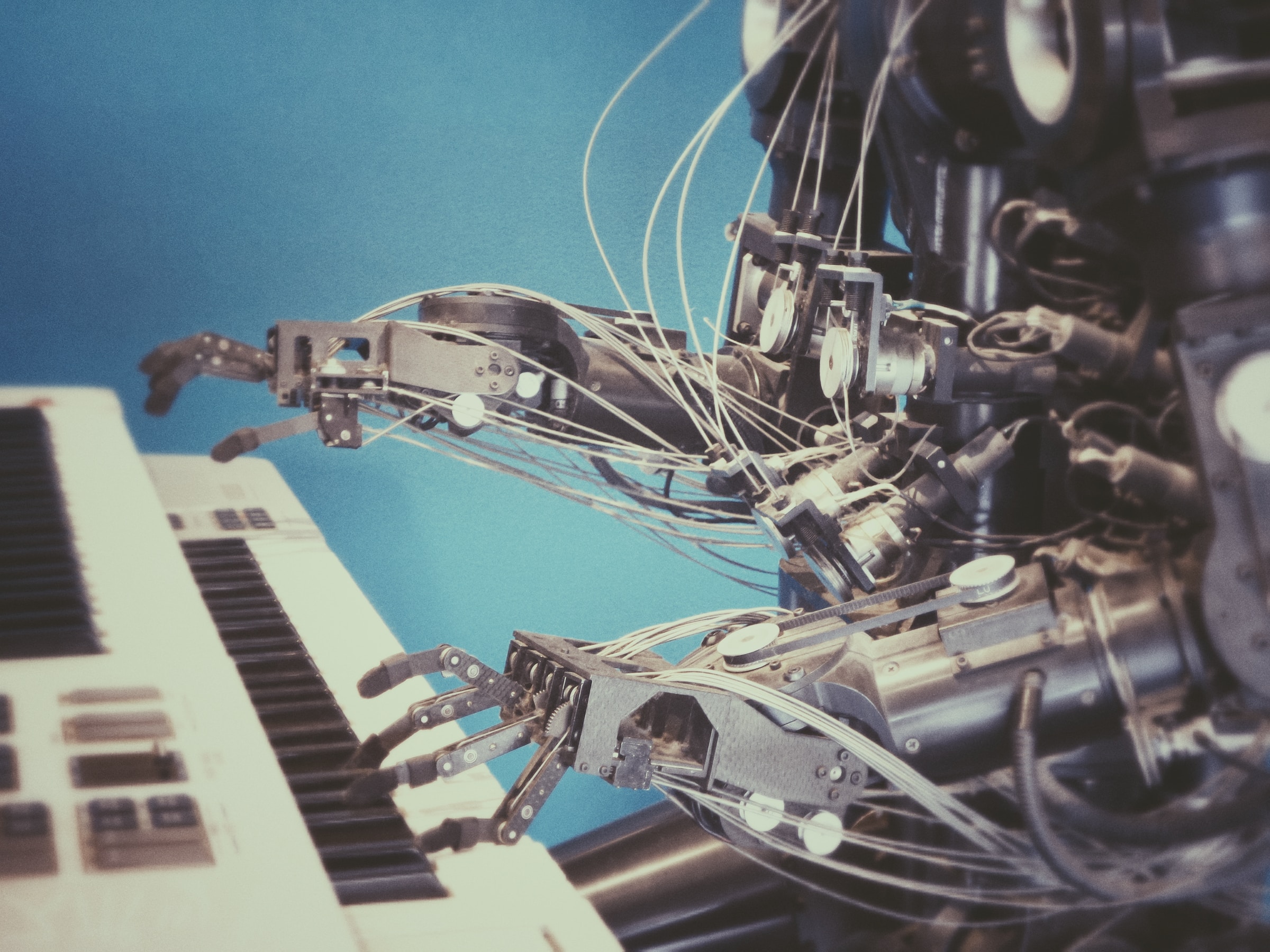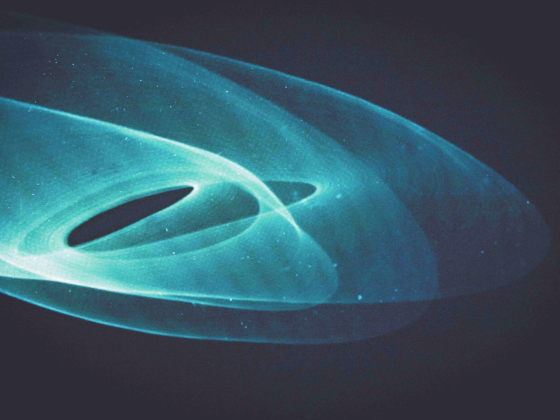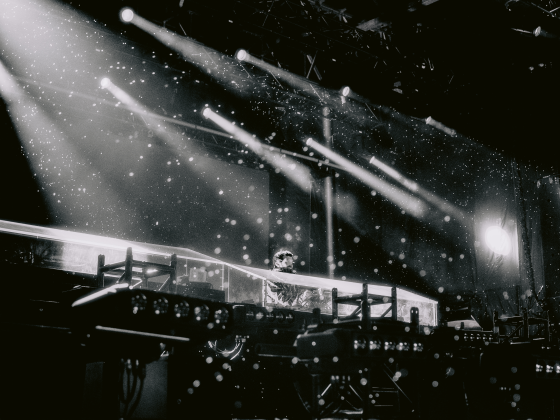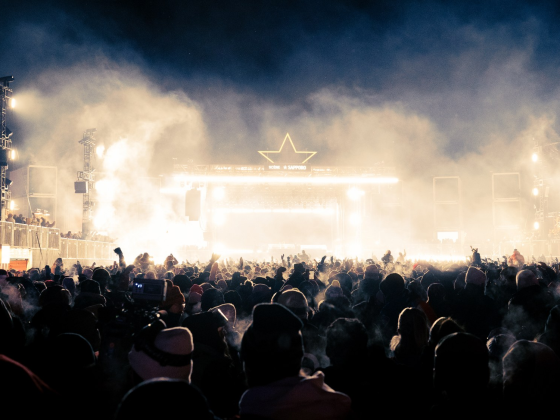Musical artists around the world are embroiled in a big AI debate. Like most things relating to artificial intelligence, this debate largely revolves around one key arguing point. Is it good or bad?
We’ve seen countless examples of AI art already, and many artists worry about what this means for their jobs. It’s certainly scary thinking that a computer can do in seconds what it takes days or months for you to produce. The same fears are creeping into the music industry as AI music begins to creep from the shadows.
Producers are able to create songs that sound like they’re being voiced by famous musicians – alive or deceased. There’s also AI music in the sense of a program completely creating songs or melodies from scratch. The true potential of artificial intelligence in the music industry is yet to be seen, but is this something musical artists should worry about?
The Dangers Of AI For Musicians
To say that some musicians are worried about AI is an understatement. Big names have come out to vent their frustrations at this developing technology. Ed Sheeran says that taking jobs away from humans is a bad thing while Selena Gomez expresses that AI reworks of songs using her vocals are “scary”.
The underlying fear is that artificial intelligence will take livelihoods away while changing the landscape of the music industry forever. If computers can produce songs and mimic vocals, why would big studios employ musicians or music technicians? So many people can lose their jobs and be left in a place where all their work and talent is for nothing.
More to the point, AI music has no heart or soul. One of the main reasons we enjoy music so much is because it means something to us. We feel the passion and emotions in an artist’s voice or appreciate the complexities of a beat. Better yet we relate to artists or bands because of the music they produce and what they represent.
AI takes the heart out of music. There’s something so beautiful about an aspiring artist with nothing but a few instruments and a looper pedal creating a song in their bedroom. The amount of effort and heart that goes into this is wonderful, especially when it results in a hit song and someone’s big break. If we let AI run amock in the music industry, we run the risk of seeing songs with absolutely no emotion or meaning. We may not discover hidden talents and the future of music will be changed for the worse.
Why AI Shouldn’t Be Feared
You’ve seen one side of the argument, but what about the many people voicing their support for AI music? Some have pointed to the great AI covers from deceased musicians as a hugely beneficial thing. As long as the musician okays it before they pass, this could be a way to keep their legacy living on well into the future.
Some also point to AI as simply another form of music technology. You only have to look at music production from thirty years ago to see how far music has evolved. There’s an argument that artificial intelligence is just another step in the evolution of this industry. It may empower artists or record labels with new tools to make better music. Could you also argue that it means your favorite artists can make more music because it’s quicker and cheaper?
There is a case to be argued that AI music has caused a massive overreaction in the industry. Artists see it as this thing that will take over their work and leave them with nothing. Others suggest that it’s more of a collaborative tool and that musicians should learn to work with it rather than against it.
Is AI Good Or Bad In The Music Industry?
It’s hard to know if the response to AI is an overreaction or not. Right now, the technology is nowhere near close to stealing jobs or revolutionizing the music industry. If things change, it could definitely cause problems for artists around the world.
Ultimately, the main takeaway from this debate is one simple question: why? Why are we bothering with AI in music? This is an industry that has existed for eons and will continue to do so without fail. Human beings love music, so why do we need to change things or bring artificial intelligence to the table?
In our eyes, artists needn’t be scared about AI for the simple reason that it is artificial. As such it will never truly replace the feelings or emotions that artists put into their work. Companies will try to make AI music a thing, but there’s a big likelihood it won’t be successful. In the end, there’s no substitute for the rawness of a latent musical artist.








